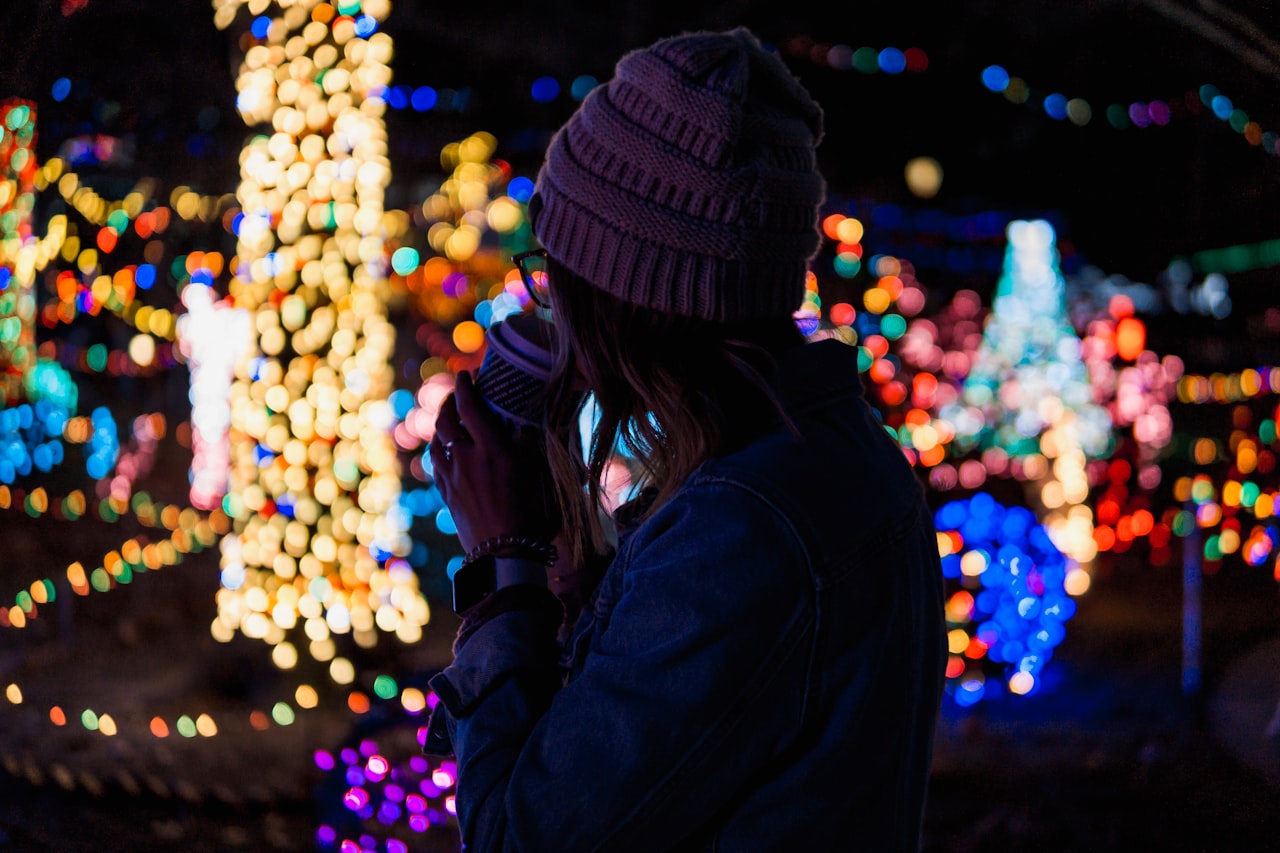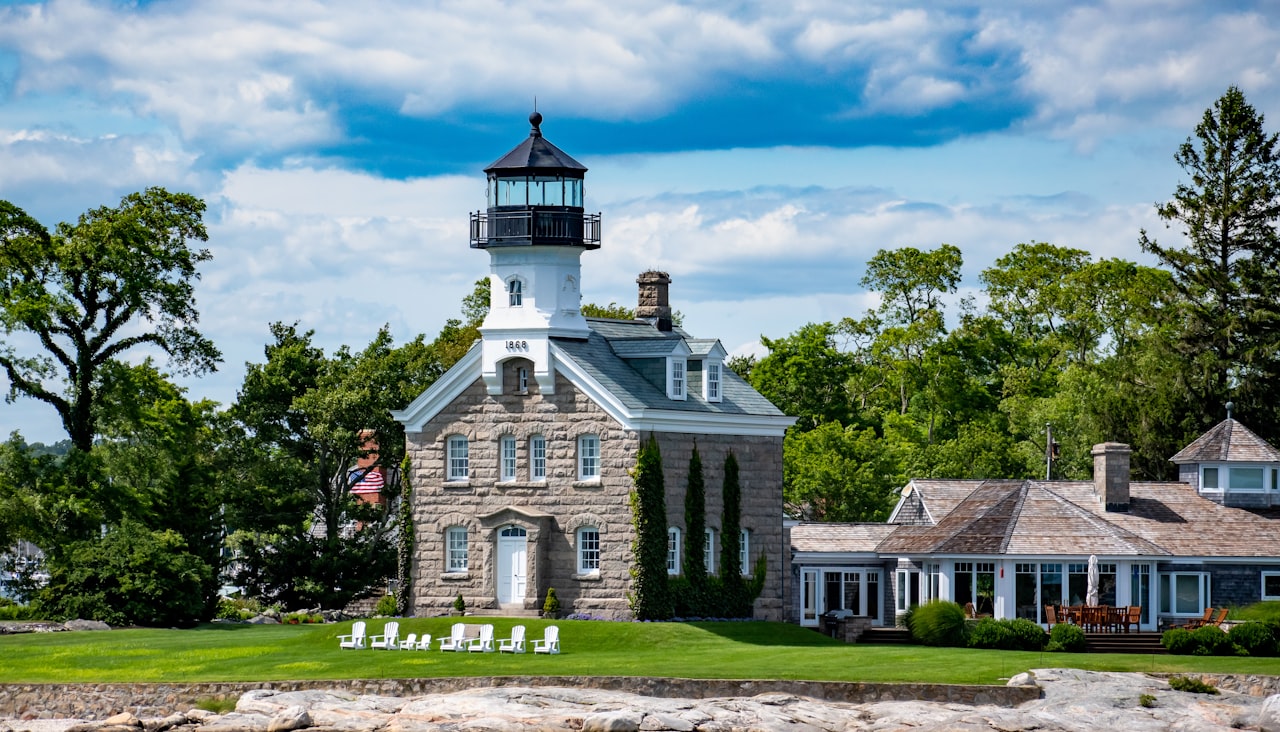As the chill in the air becomes more pronounced and the days grow shorter, it's a clear sign that winter is approaching. Properly preparing your home for the colder months not only ensures comfort but can also save on energy costs and prevent potential damage. Here are some essential steps to winterize your home:
-
Inspect Your Heating System: Before the cold sets in, have your heating system checked by a professional. This includes cleaning and servicing your furnace or heater to ensure it runs efficiently.
-
Seal Drafts: Check doors, windows, and any openings for drafts. Use weatherstripping, door sweeps, or caulking to seal any gaps that let cold air in and warm air out.
-
Insulate Well: Make sure your home's insulation is up to par, particularly in the attic. This can prevent warm air from escaping through the roof.
-
Roof and Gutter Maintenance: Inspect your roof for any damaged or missing shingles that might lead to leaks. Clean gutters to prevent ice dams, which can cause water damage.
-
Protect Pipes: To prevent pipes from freezing, insulate them. Also, ensure that outdoor faucets are turned off and hoses are disconnected.
-
Chimney and Fireplace: If you use a fireplace, have the chimney inspected and cleaned to prevent chimney fires and carbon monoxide poisoning.
-
Reverse Ceiling Fans: By reversing the direction of your ceiling fan (to rotate clockwise), you can push down the warm air that rises, making your rooms feel warmer.
-
Emergency Kit: Prepare for potential power outages by having an emergency kit. This should include flashlights, batteries, blankets, non-perishable food, and bottled water.
-
Outdoor Maintenance: Store summer furniture and tools. Trim tree branches close to the house or power lines to prevent them from causing damage during storms.
-
Stock Up on Essentials: Ensure you have salt or sand for icy walkways, shovels for snow, and fuel if you use a snowblower or generator.
-
Check Alarms: Ensure that smoke detectors and carbon monoxide alarms are working correctly. Replace batteries if necessary.
-
Indoor Humidity: The winter air can be dry, leading to respiratory problems or dry skin. Consider using a humidifier to maintain optimal indoor humidity.
By taking these steps, you can ensure that your home is warm, energy-efficient, and safe throughout the winter months. Enjoy the coziness that winter brings, knowing that you're well-prepared for whatever the season throws your way.



































































































